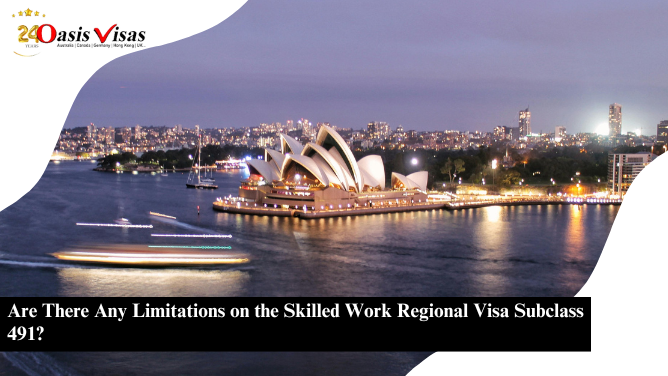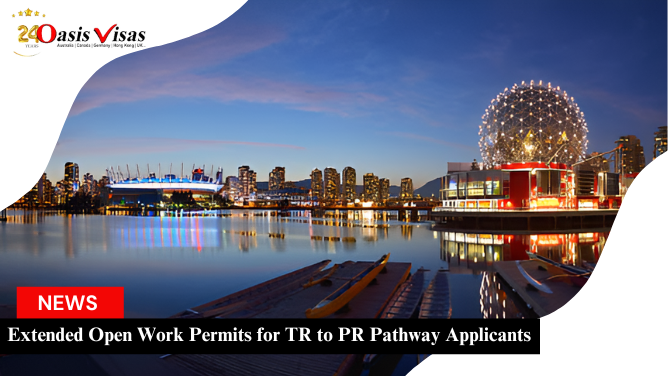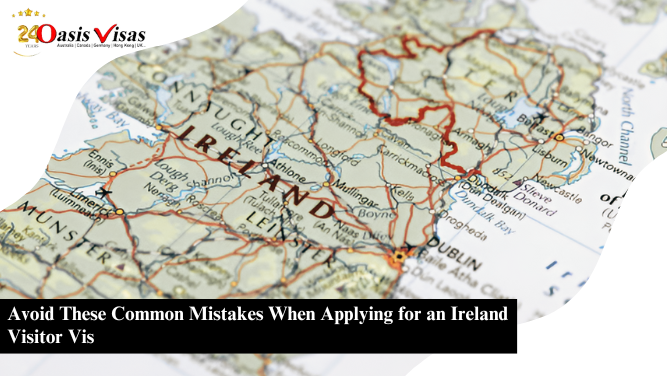
Immigration Refugees and Citizenship Canada (IRCC) has extended its temporary public policy, allowing applicants in the Temporary Resident (TR) to Permanent Resident (PR) pathway to receive longer open work permits (OWPs) while their PR applications are being processed.
This extension also applies to the spouses, common-law partners, and dependent children of principal PR applicants, enabling them to qualify for open work permits. The policy will remain in effect until December 31, 2026.
About the TR to PR Pathway
The TR to PR pathway was a one-time immigration initiative designed for foreign workers in essential occupations, healthcare, and recent graduates of Canadian post-secondary institutions to apply for permanent residency. Although the pathway closed in 2021, applicants still in process can benefit from this extended OWP policy.
Eligible applicants who have received an Acknowledgement of Receipt (AOR) from IRCC, along with valid language test results and proof of authorized work, may apply for an additional OWP until the end of 2026.
Eligibility for Principal PR Applicants
To qualify for an OWP under this policy, principal PR applicants must:
- Hold temporary resident status (or be eligible to restore it).
- Have a work permit with less than four months’ validity at the time of application (if applicable).
- Submit their OWP application online through an IRCC Secure Account under this public policy.
- Specify the PR public policy they initially applied under as part of the TR to PR pathway.
- Have valid work authorization at the time of their PR application and meet specific language requirements on an IRCC-approved test.
- Provide confirmation from IRCC that their PR application was received and fell within the allotted cap for their selected public policy.
Applications withdrawn or rejected before submission for this OWP will not be eligible.
Examples of valid work authorization include:
- A valid work permit.
- Authorization under a public policy or section R186 of immigration regulations.
| Stream | Minimum language requirement |
| Workers in Canada: Health care and Workers in Canada: Essential non-health care | Canadian Language Benchmark (CLB) or Niveaux de Compétence Linguistique Canadiens (NCLC) level 4 in either English or French. |
| International graduates from a Canadian institution | CLB/NCLC level 5 in English or French. |
| French-speaking workers in Canada: Health care and French-speaking workers in Canada: Essential non-health care | NCLC level 4 in French. |
| French-speaking international graduates from a Canadian institution | NCLC level 5 in French. |
Language test requirements must meet specific benchmarks established by IRCC.
Eligibility for Family Members
Spouses, common-law partners, and dependent children of principal PR applicants may also apply for OWPs if they meet the following conditions:
- Submit an OWP application online through an IRCC Secure Account, including the Unique Client Identifier (UCI) of the principal applicant.
- Be in Canada when applying.
- Be a genuine family member of the principal applicant, defined as:
- A spouse or common-law partner.
- A dependent child under 22 years old, or over 22 if financially dependent due to a mental or physical condition.
- Be included as an accompanying family member in the principal applicant’s PR application.
- Be at least 18 years old.
- Hold valid temporary resident status or be eligible to restore it.
Fees and Additional Details
Applicants under this policy must pay the standard work permit processing fee but are exempt from the open work permit holder fee typically associated with OWP applications.
For more details on temporary public policies and eligibility under this extension, visit the IRCC website.
This extension ensures that individuals and their families waiting for PR decisions can continue working and contributing to Canada’s economy while their applications are processed.








